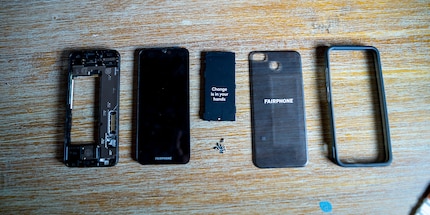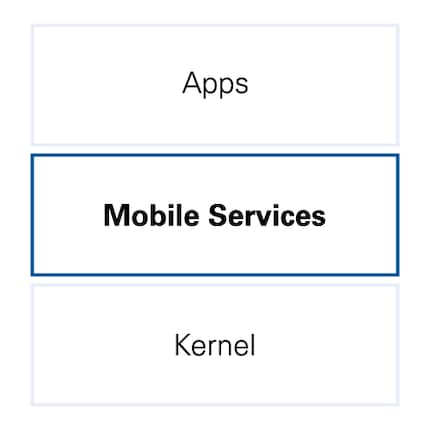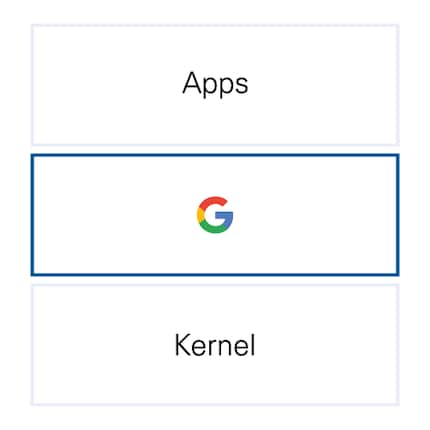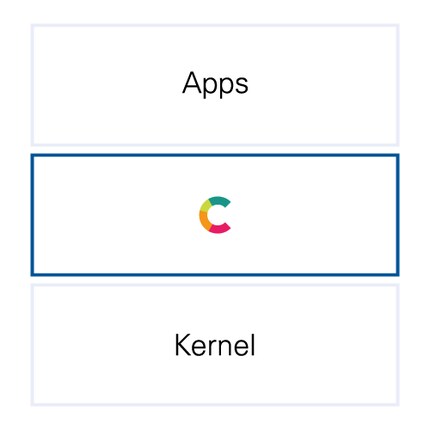
Background information
NewPipe: like YouTube for Android, but better
by Dominik Bärlocher

Fairphone gets unglued. Partly. In addition to the normal version of Google phones, there are now versions on the market that work without Google services.
"Your data is your data", chants the /e/ Foundation. This appeals to developers and stakeholders of the Fairphone. The Fairphone 3 therefore embeds /e/OS, an Android version delivered without any software from Google.
/e/OS is based on LineageOS, born out of the failure of CyanogenMod. The decision on the Fairphone software was made in Amsterdam, based on recommendations from the community of fans of repairable smartphones.

Particularity of /e/OS: Google mobile services (GMS) are absent, which is entirely conscious, as /e/OS believes in Android, but doesn't want to compromise your privacy. But to ensure that Google apps work, the /e/ Foundation is implementing the services of MicroG, an open project that replicates Google's services, but without the transfer of data to Google. The services are currently functional, but not quite complete. The following elements have been reproduced so far:
For a better understanding: applications are not services, services, not applications. But the latter need services to function. Services are one level below applications.

Mobile services provide interfaces, called APIs, so developers don't have to completely rewrite their application every time Google updates something. With mobile services one layer below the application layer, a developer can ask their app to use the Maps API. We don't have to consider the kernel level, which provides the basic functions of the system, when working with services. When Google updates services, this is reflected in the application. With Google Mobile Services (GMS), the system architecture looks like this:

The issue of privacy comes into play when the manufacturer of mobile services is called Google. The search giant makes Android available for free, but the services are proprietary, meaning you can create your own version of Android, but you're not necessarily allowed access to Google's services. Over the years, Google has created what critics call a "gilded cage" market.
Google's mobile services not only offer a lot, they also take from you. Google diligently collects your data for analytics and advertising purposes.
MicroG is removing all Google services from its software, replacing them with services with the same functionality, but without the purpose of analytics and advertising.

Many applications would run smoothly without Google's services. YouTube is the best example of this. Third-party apps like NewPipe achieve this without any problems. No ads, no Google services, full functionality.
With the MicroG project, the Android community is taking an important step away from the yoke of Google and politics. Indeed, the trade war between the United States and manufacturer Huawei shows that technology can quickly become the plaything of political interests. The best example of this? The ban on collaboration between Google and Huawei in May 2019, for political reasons, following which Huawei is not allowed to use GMS.
Then there are the privacy concerns. Does Google really need to collect metadata? Should we really let it do so?
Fairphone users aren't buying it. Fairphone has heard them. MicroG is continuing to work towards the liberation of this famous golden cage.
The Fairphone is immediately available in the /e/OS version on the Foundation website. The normal Android version is still available. So if you want a /e/OS version, pay close attention to the software description when you buy it.
Journalist. Author. Hacker. A storyteller searching for boundaries, secrets and taboos – putting the world to paper. Not because I can but because I can’t not.
From the latest iPhone to the return of 80s fashion. The editorial team will help you make sense of it all.
Show all